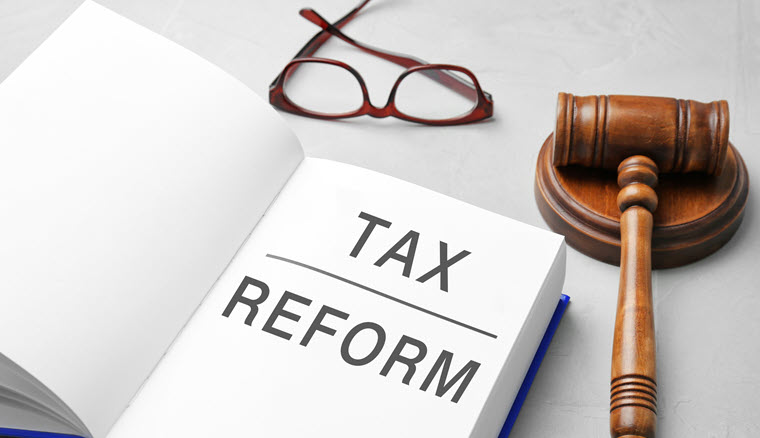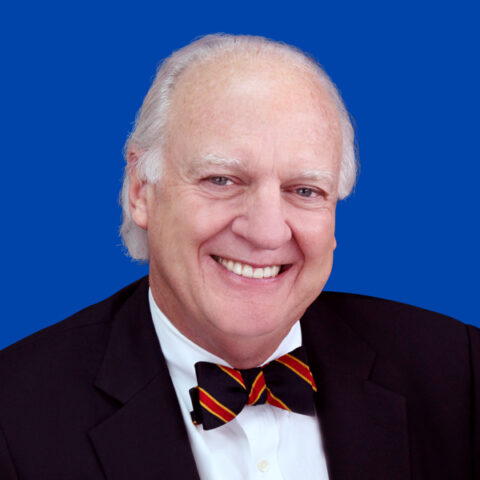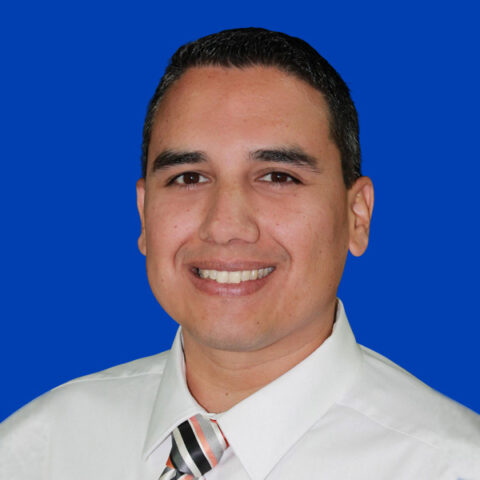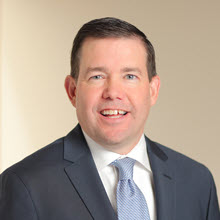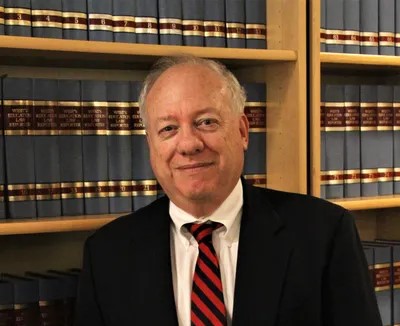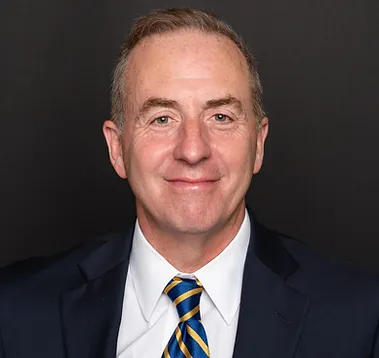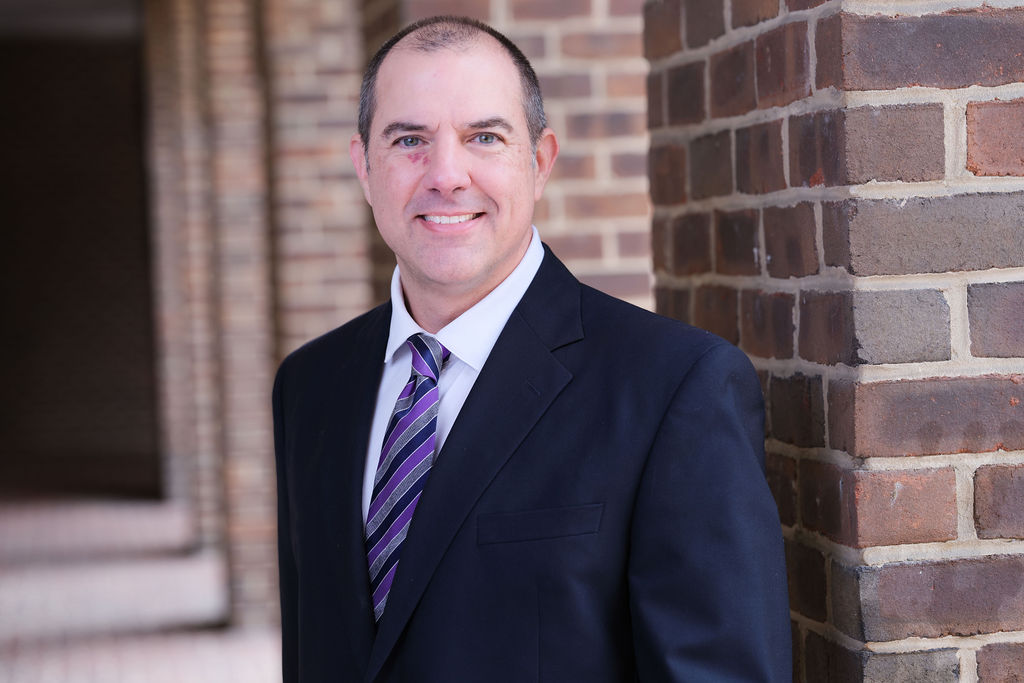While no one can predict the 2020 election, there is a possibility of a shift of control in Washington to consider.
In addition, changes in demographic trends, and increasing elder financial abuse, the challenges to estate planners have become ever more complex. This Webinar will explore various planning strategies that practitioners may employ to help clients capitalize on the estate tax environment created by the 2017 tax act, with consideration of these newer developments and trends affecting income tax planning, asset protection planning, drafting conventions and more.
Planning before 2020 Election
Consider Modifying Planning in Light of Possible Democratic Estate Tax ; Use Temporary Exemptions Before they Disappear; No Clawback; Perhaps, Only One (Not Both) Spouses Should Make Gifts?; Variations of Domestic Asset Protection Trusts (“DAPTs”) May Be Vital for Moderate Wealth Clients to Preserve Exemption; Create New Grantor Trusts to Freeze Estate Values and Enhance GST Benefits; Use Non-Grantor Trusts for Planning Benefits; Use Non-Grantor Trust for Asset Protection Planning for Moderate Wealth Physician Clients; Create a Non-Grantor Trust for Charitable Contribution Deductions for Moderate Income Client; Converting/Toggling from Grantor to Non-Grantor Status; Non-Grantor Trusts with Spousal Access Without Tainting Non-Grantor Status; Don’t Dismiss Using Non-Grantor Trusts to Enhance 199A; Not Every Trust Should be a Non-Grantor Trust.
State Income Taxation of Trusts
Reconsider Existing and Future Trust Planning in Light of the Broader Implications of Kaestner; Create a Non-Grantor Trust in a Trust Friendly State to Save State Income Taxes; Proactively Restructure Trusts and Fiduciary Positions; New Spin on the Beneficiary Defective Irrevocable Trust (“BDIT”) to Save State Income Taxes.
Aging and Longevity
Factor Life Expectancy of Wealthy Clients into planning.


